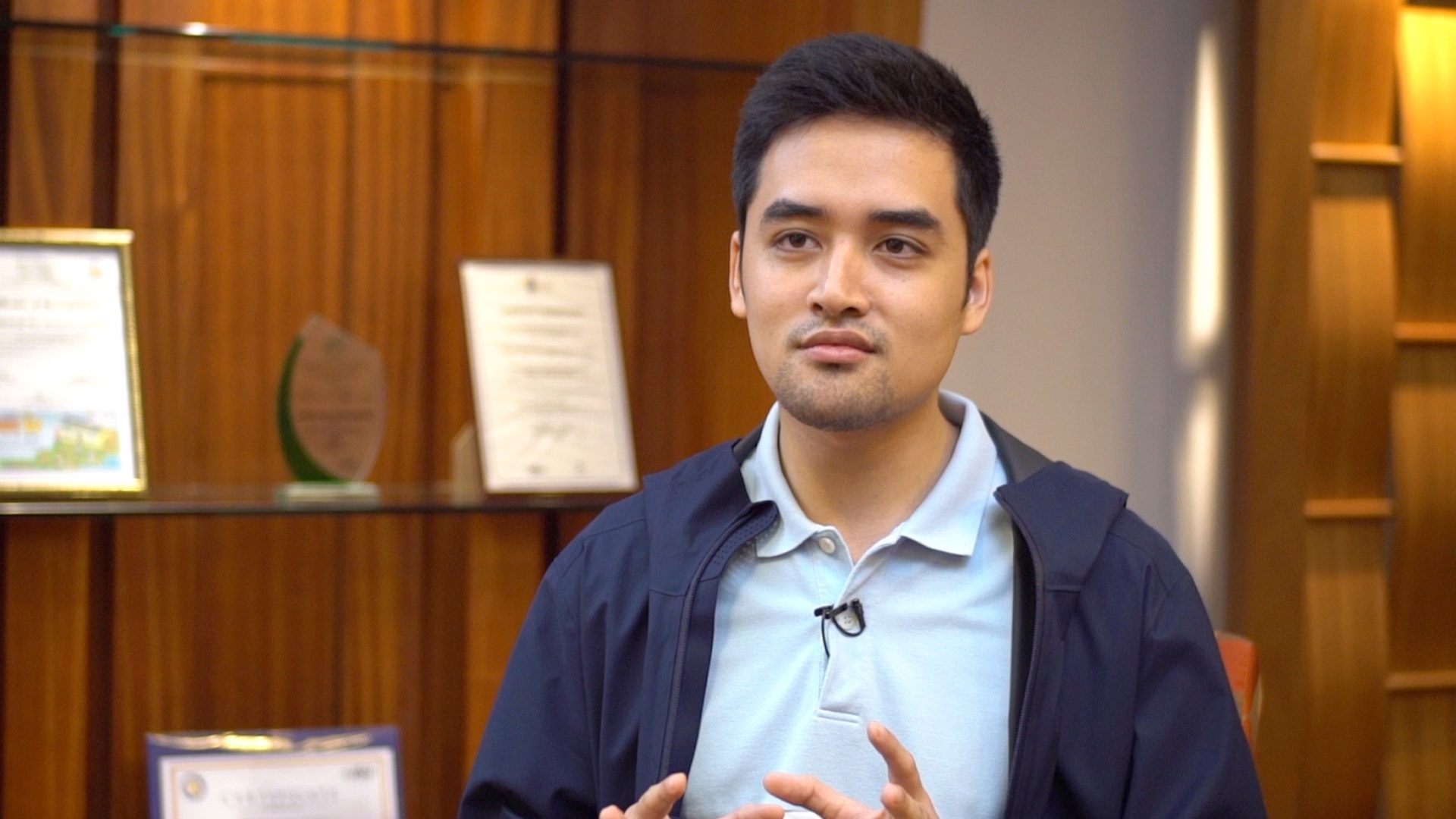SUMMARY
This is AI generated summarization, which may have errors. For context, always refer to the full article.

MANILA, Philippines – The investigation on Pasig City Mayor Vico Sotto is ripe with legal questions, but the Department of Justice (DOJ) said it will “leave it” to the National Bureau of Investigation (NBI) to decide on whether to proceed with the probe or not.
Asked if he would ask the NBI, an agency under the DOJ, to withdraw the summons to Sotto, Justice Secretary Menardo Guevarra told reporters Thursday, April 2: “We’ll leave it to the NBI to determine how to proceed.”
The letter summoning Sotto cited the Bayanihan Law, Section 6(a), which says that local government units (LGU) officials must comply with the national guidelines. Malacañang’s Bayanihan Law report to the Congress Oversight Committee also highlighted the investigation of LGUs.
Yet, NBI Deputy Director Ferdinand Lavin claimed in an interview over radio DZBB Thursday morning that the summons is based on a Palace memorandum about transportation, and not on the Bayanihan law.
Lavin made the clarification when it was pointed out that Sotto’s policy in question – of allowing tricycles to operate in Pasig for over a day – happened March 17, days before the Bayanihan Law took into effect on March 26.
Penal laws cannot be applied retroactively.
Guevarra himself said on Wednesday, April 1, that penal provisions of any law cannot be applied retroactively. Unless, he added, “the offense is a continuing one and its commission has not been stopped.”
Sotto stopped the operation of tricycles on March 19.
Even the Department of the Interior and Local Government (DILG) said they took Guevarra’s position to mean that Sotto cannot be prosecuted.
Saying that the summons was a “political distraction,” DILG Undersecretary Jonathan Malaya said: “The DILG position is that we agree with DOJ (Department of Justice) Secretary Guevarra that Mayor Vico Sotto can’t be prosecuted for violating the Bayanihan Act because the alleged offenses were committed prior to its effectivity into law.”
Local autonomy
Law professor Ted Te said Sotto can invoke the Local Government Code that gives local executives lie him the autonomy to implement policies, especially if the policy is backed by his city council.
Te said Sotto can even question the coverage of the national guideline on banning mass transportation.
“Was the national directive a maximum or a minimum, is it a floor or a ceiling? If it was a minimum and he complied with the minimum and he allowed an exemption, which under the local government code he is allowed because he is the chief executive of the city, all the local governments are autonomous,” said Te.
Asked again on Thursday if he would consider asking the NBI to withdraw the summons given his stance on the retroactivity of laws, Guevarra said: “The DOJ will monitor and provide such guidance as may be requested.”
Sotto is scheduled to appear at the NBI on Tuesday, April 7, at 10 am.
In several interviews to media, both Lavin and NBI Officer-in-charge Eric Distor said the issue was blown up and politicized.
Reacting in a tweet, Sotto said: “I agree. But with all due respect sir, pls stop and think why it reached this point.”
“Side niyo ang nag-leak ng kopya ng sulat sa reporter. Nagpa-receive tao niyo sa opis ko, may kasama pang media,” said Sotto.
(It was from your side that leaked the copy of the letter to the reporter. Your staff served a copy to my office, accompanied by media.)
Acc to NBI Deputy Dir. Lavin, the issue has been "politicized & sensationalized."
I agree. But with all due respect sir, pls stop and think why it reached this point:
Side niyo ang nag-leak ng kopya ng sulat sa reporter. Nagpa-receive tao niyo sa opis ko, may kasama pang media.
– Rappler.com
Add a comment
How does this make you feel?





There are no comments yet. Add your comment to start the conversation.